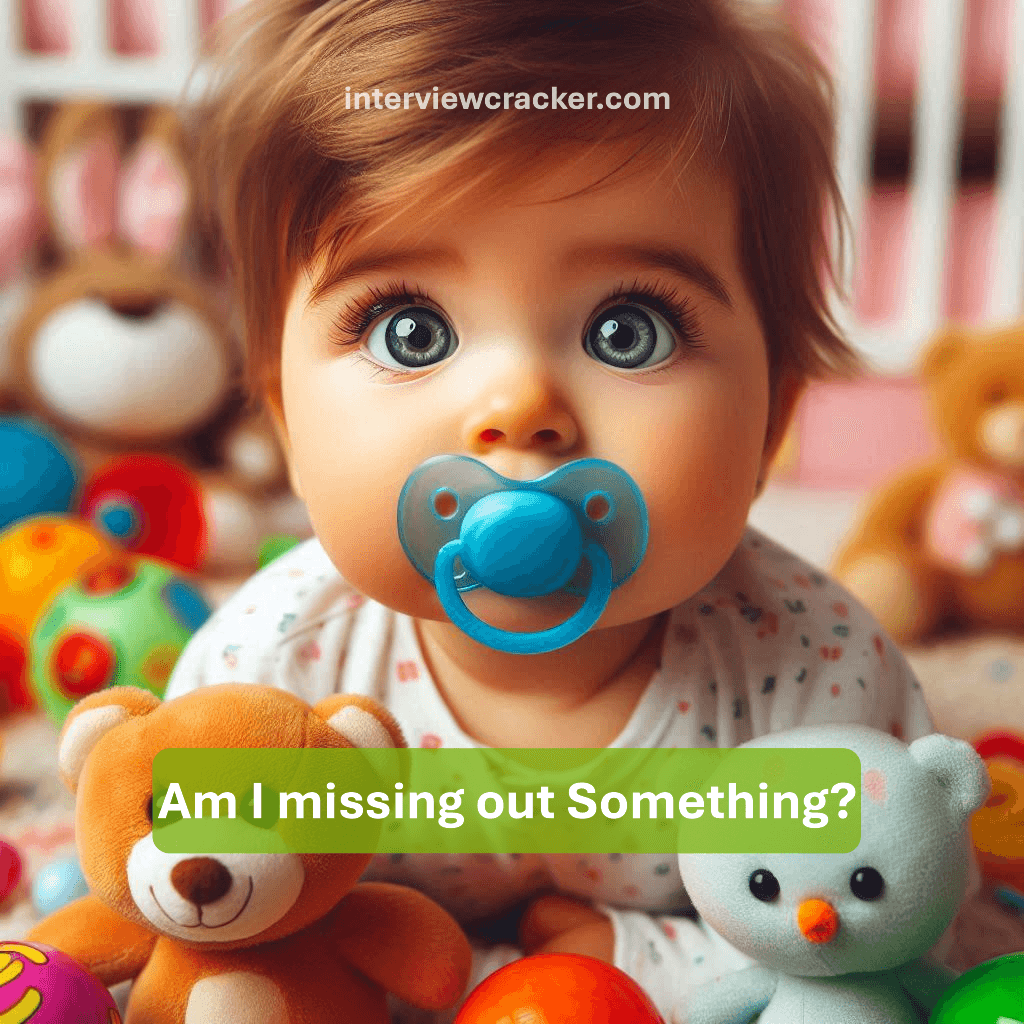The other day, I was at a friend’s house, just one of those lazy afternoons in the lockdown wherein we sulk at the virus and talk about how different things would’ve been at this time of the year if it weren’t for the pandemic. Scrolling through Instagram, my friend shows me a post wherein a group of her friends, obviously in a city where the virus scare is near zero, plan a weekend getaway to a farmhouse in the countryside. What we saw was a long series of pictures with breathtaking views, and had in it had all the fun that probably all of us have been craving for these past 5 months! Right after that, my friend starts by blaming all the possible universal powers that kept her away from such ecstatic fun.
The group consisted of her very close college mates with whom she had dreamt of spending the most amazing final year of her college life. Clearly, seeing them all together having fun without her didn’t do any good to her otherwise sulky mood, and she kept wondering what all she was missing and what they all must’ve been doing without her. Amidst all this, she said one thing which essentially was like an eye-opener for me- “I wish I hadn’t come back from my hostel, at least then I wouldn’t have to deal with this FOMO at all!”
Dr. Lauren Mad says FOMO is a form of loss aversion. Loss Aversion is natural to give more importance to avoiding pain than to making gains.
Table of Contents
ToggleSo What does FOMO mean?
Literal meaning of FOMO is Fear of Missing Out.
Ever since I heard this term I always understood it on a very superficial level, whereas, on digging some information about it, I was shocked to find out that FOMO is now a major issue among the netizens, causing them anxiety, restlessness and also depression!
It all started out ever so casually where some advertisers and marketing agencies on social media encouraged everyone to stay updated and ahead of time so that they don’t lag behind in any current happenings and experience the FEAR OF MISSING OUT. In other words, it can be put up as FEAR OF BEING LEFT OUT on the major happenings around them.
But as more and more people publicly started sharing each and every positive aspect of their lives on social media, it became surprisingly easy for others to assume that what’s shared on social media is the ultimate showcase of the perfect lives people have. The fact that no one particularly shares their failures and hardships was quite difficult to accept.
Studies have shown that on average, a person checks their phone around 70-100 times a day, yes, this also includes when u just pick it up to see the time! Out of these 100 times, the probability that it was to check an important message is just 10. So, the rest of the time it’s just to see what’s happening around and whether or not there’s anything that I may be missing out on in life. It takes your time management strategies for a toss.

How to Avoid FOMO? How to deal with FOMO?
As human beings, it is impossible for us to have that perfect sense of right and wrong every single time. FOMO is something that most of us have experienced in our lives, sometimes even subconsciously. The issue also needs to be addressed by trying to understand how to deal with FOMO. As the above scenario depicts, these days a very easy target of FOMO is teenagers and college-going students. Therefore, a major need for counselling and one-on-one sessions with students has arisen. Most of them aren’t even aware that what they are going through has even got a name!
When people get to know that what they are dealing with is absolutely normal and that thousands of others out there are dealing with the same thing, they find it easier to understand and talk more openly. Instead of feeling guilty about it, more focus is put on how to come up with a healthy way to deal with it and bring about positive changes in their lifestyle.
Not indulging in any strict rules per se, what can be done is making small changes and concentrating more on the self-introspection aspect, which is really a much-underrated term these days.
10 Tips on How to Deal with FOMO
10 practical tips on how to deal with FOMO (Fear of Missing Out):
- Recognize Your Triggers: Identify situations or social media platforms that make you feel like you’re missing out and try to limit your exposure to them.
- Focus on What You Have: Shift your mindset from what you’re missing to what you already have. Practice gratitude by listing things you’re thankful for each day.
- Set Boundaries with Social Media: Limit your time on apps that spark FOMO. Use timers or set specific periods to check social media, so you don’t feel overwhelmed.
- Prioritize Your Well-Being: Focus on activities that make you feel fulfilled, whether that’s exercising, reading, or spending time with close friends and family.
- Embrace Being Present: Practice mindfulness by living in the moment. Appreciate what you’re doing right now rather than worrying about what others might be doing.
- Understand Everyone’s Journey is Different: Remind yourself that everyone moves through life at their own pace. What’s right for someone else may not be what you need at this moment.
- Engage in Offline Activities: Spend more time on offline hobbies like sports, painting, or cooking—anything that grounds you and brings joy outside the digital space.
- Connect with Real Friends: Rather than scrolling through social feeds, invest time in meaningful conversations and experiences with people who truly matter to you.
- Challenge Negative Thoughts: When FOMO creeps in, ask yourself if you’re really missing out on something important or if it’s just a perception created by social media.
- Set Personal Goals: Focus on your own ambitions and progress. Setting and achieving personal goals helps you feel content and less likely to compare yourself to others.

Conclusion:
What we can do is try to be aware of how we react to certain things around us. The basic fact that no one’s life is as perfect as social media claims to be plays a big part in this awareness. Obviously, no one’s going to stop posting or sharing just because they are worried if people will have FOMO! It should always be in the back of our minds that no negativity about anyone’s personal life is shared socially, not everything you see online is the complete story in itself.
It is just what the socially acclaimed platforms want you to see and feel. This thought of awareness being included every day as a practice can eventually reduce the anxiety and resentment every time u deal with FOMO.
Another very important aspect here is to practice GRATITUDE. Start by taking small baby steps and be thankful for very basic things such as your body, house, parents, the air that you breathe, the food that you eat, and so on.
Article: How to be happy always says Happiness comes from expressing your gratitude honestly and sincerely.
You will discover that this is a never-ending list, and the more things you find to be grateful for the more satisfied you will be within yourself and you’ll feel less need to be validated by others in your social group. From every tiny thing to all your big achievements, expressing gratitude at each step will give you more and more power over your happiness and well-being. A very simple trick is, at the end of the day, to note down ten things that you felt grateful for in your entire day. Initially, you’ll have to think quite hard on it, but as it continues, you’ll find that throughout your day, you are giving more time to count your blessings and remember them and less time to think about what others are doing out there and what you have been missing out.
Interestingly, Vmag has pointed out a new term emerging these days, which is JOMO- the joy of missing out. It is the art of subtly saying NO to things that you don’t want to be a part of, and in doing so, you don’t have any regrets, but it gives you a feeling of empowerment, of having much better control over your decisions and your life.
So next time, whenever you see any such pictures of a concert, a new restaurant, that awesome new movie, or simply your friends gathering without you, stop reaching the conclusion that your life is extremely boring and start thinking of all the ways you can use your time productively to better yourself. Not to show anyone out there, but in the end, having that feeling of fulfilment before you have that sound sleep!
FAQs on FOMO (Fear of Missing Out):
What is FOMO?
FOMO stands for “Fear of Missing Out,” a feeling of anxiety that you’re missing out on exciting events, opportunities, or experiences that others are enjoying, often amplified by social media.
What is a FOMO baby?
“FOMO baby” is a playful term sometimes used to describe babies or young children who seem to exhibit signs of “Fear of Missing Out” (FOMO). These babies tend to be very curious and alert, showing difficulty in relaxing, sleeping, or missing any activity around them. They may always want to be part of whatever is happening, showing an eagerness to stay engaged with their surroundings. While it’s a lighthearted phrase, it reflects the baby’s natural curiosity and desire to explore the world.
What percentage of people make purchases due to fomo?
Studies show that 60% of people make purchases due to FOMO (Fear of Missing Out), particularly when they see limited-time offers, deals, or social proof like positive reviews and testimonials. FOMO is especially impactful in younger demographics, with around 69% of millennials reporting that they’ve made purchases based on this fear. Social media plays a significant role in amplifying FOMO by showcasing exclusive deals or events that push consumers to act quickly.
How does social media contribute to FOMO?
Social media platforms show curated highlights of people’s lives, making it easy to feel like everyone else is having more fun or living a more exciting life, leading to FOMO.
How to get over FOMO with friends?
Dealing with FOMO when it comes to friends can be challenging, but here are some ways to get over it:
- Recognize Your Feelings: Acknowledge that FOMO is a normal emotion. Understand that it’s okay to feel left out sometimes, but it doesn’t define your friendships.
- Communicate Openly: If you feel excluded, talk to your friends. They may not realize how you’re feeling, and open conversations can strengthen your bond.
- Focus on Quality, Not Quantity: It’s better to have meaningful interactions with friends than to be present at every social event. Prioritize moments that matter most.
- Be Mindful of Social Media: Don’t rely on social media to gauge your friendships. People often post highlights, and it can give a distorted view of reality.
- Create Your Own Plans: Instead of waiting to be included, take the initiative to organize hangouts with friends. This empowers you to take control of your social life.
- Celebrate Time Alone: Learn to enjoy your own company. Engaging in hobbies or self-care activities can reduce FOMO and increase self-fulfillment.
- Trust Your Friendships: True friends won’t forget you. Just because you missed out on one event doesn’t mean your place in the group is at risk.
By focusing on yourself and nurturing your friendships in meaningful ways, you can overcome FOMO with friends and feel more content with your social life.
Can FOMO affect mental health?
Yes, FOMO can lead to stress, anxiety, and feelings of inadequacy. Constant comparison to others may also contribute to low self-esteem or depression.
How can I stop feeling FOMO?
You can reduce FOMO by setting boundaries with social media, practicing gratitude, staying focused on your own goals, and finding fulfillment in the present moment rather than comparing your life to others.
Is FOMO common?
Yes, FOMO is a widespread experience, especially in the age of social media. People of all ages can feel it, though it’s particularly common among teenagers and young adults.




